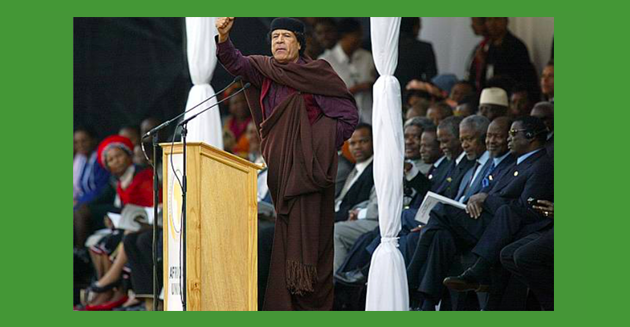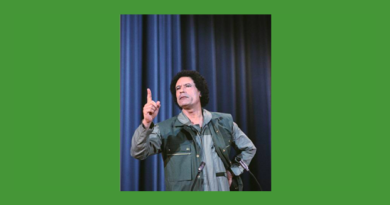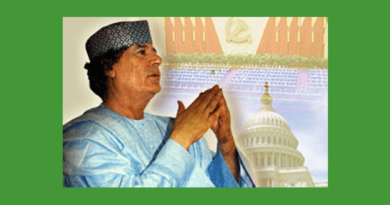Africa’s Urgent Need of Stability
24.06.2004
Africa has seen the end of the era of direct colonialism thanks to the Founding fathers of modern Africa. Their continued leadership helped consolidate the independence of African states. Their efforts also culminated in the establishment of the Organization of African Unity. Their success in making such achievements is due to the fact that they did not assume their leadership position, nor continue to hold it, as a result of elections. Therefore, their leadership was not time-bound by an electoral cycle. Rather, their continued leadership was based on the legitimacy of life-long struggle.
The African leaders liberated their peoples from the yoke of colonialism and the domination of its lackeys. The Colonial Powers conspired against them in order to put an end to their leadership and abort the program of emancipation. Thus, Nkrumah and Keta were overthrown. Lumumba was murdered.
There followed another era; that of the series of military coups. Africa lost its stability. The security concerns of the ruling military regimes took precedence over social and economic development.
The third era in Africa’s political development is the one of multi-party elections. This system was imported from the colonialist West. It was imposed on Africans as a condition for economic assistance. This has thrust Africa again in a stage of instability. Elections became another form of coups d’état. The only difference is that coups are military in nature while elections are of a civilian character. As a result of the principle of rotation of power, no political leader was able to see his program for socio-economic development to completion. Marking time until the end of their mandate became the hallmark of elected African political leaders.
The current stage of rebellions is the direct result of elections. Elected leaders are overthrown before the end of their constitutional mandate. Results of the elections are not always accepted. Tribal, regional and border problems explode when there is a dispute over election results. The experiences of Liberia, Ivory Coast, Sao Tome and Principe, Central Africa, Chad, the Sudan and Algeria are a case in point.
Some leaders came to power as a result of revolution or wars of liberation. They adopted revolutionary and progressive agendas to change the face of African societies. Once they were drawn into the trap of the imposed game of multi-party elections, their countries were deprived of the opportunity to bring those revolutionary agendas to fruition because the leaders lose their position in elections. Examples abound, like those of Zimbabwe, Mozambique, South Africa, Namibia, Uganda, Ethiopia, Eritrea, Burkina Faso, and Senegal. The list of the leaders who genuinely wished to achieve serious progress is long.
Africa is in an urgent need of political stability. It has been proven beyond any doubt that the system of the rotation of power has not and will not bring about the desired stability. Without political stability, no strategic program of economic transformation could be implemented.
Among the essential elements of stability are the continued and stable role of the political leadership and the existence of a political, social, and legal frame of reference.
The western world enjoys those elements of stability. Africa mimics the West while it severely lacks those elements. Western monarchies do not rule. Still, they constitute an indispensable frame of reference particularly in times of crisis. Where such monarchies do not exist the constitutional frame of reference, as embodied in constitutional or supreme courts, discharges that function. The law guarantees the full respect of and compliance with, the rulings of those courts. No such institutions exist in Africa. Where they do, they exist only in form not substance.
Africa must reflect deeply on all levels to find a solution to the dilemma of stability and frame of reference.




